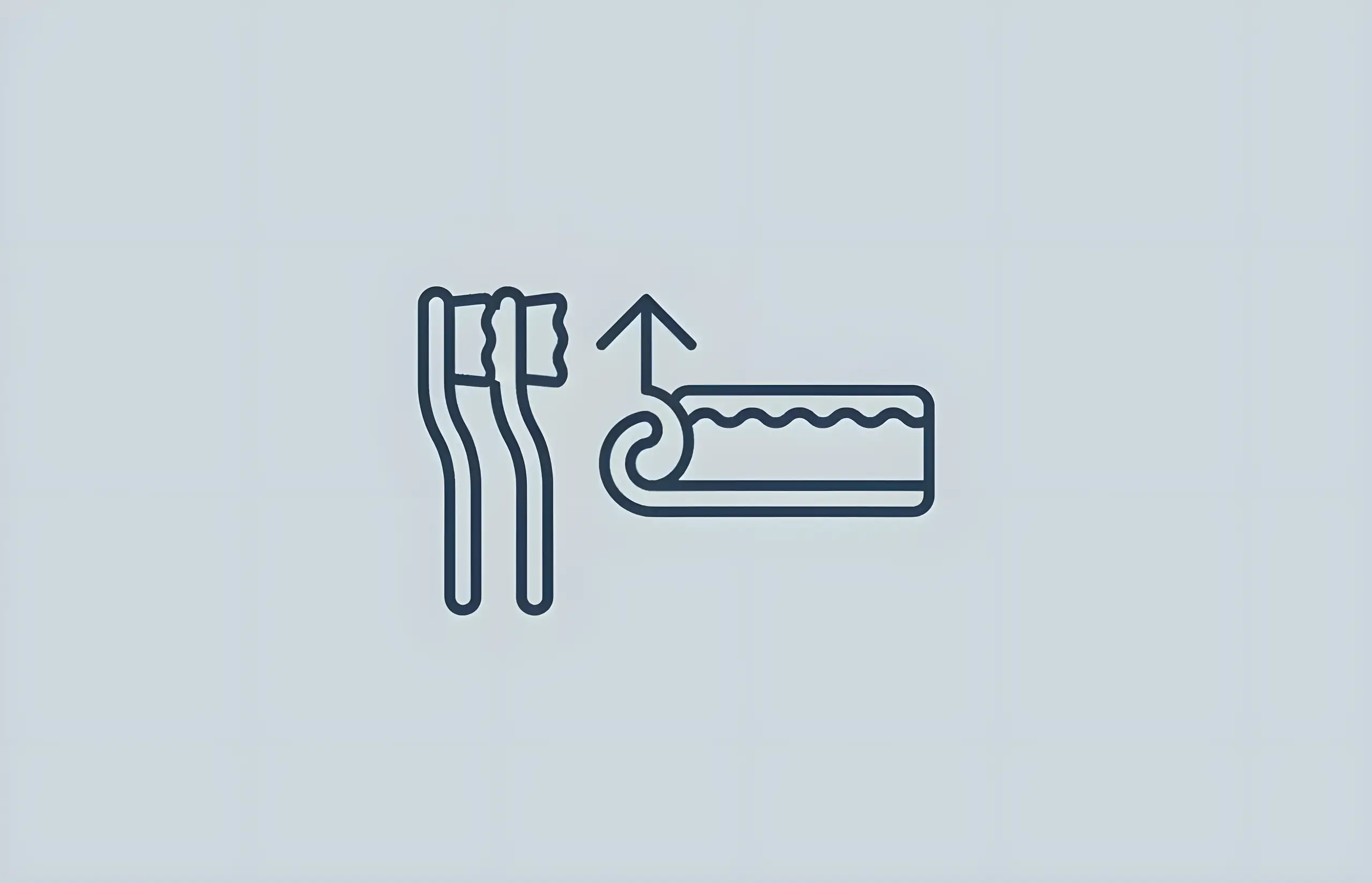Perhaps you were standing in front of a mirror when you suddenly noticed the yellowish tint on your teeth. It made you wince and wish for pearly whites similar to those flaunted in toothpaste ads. While you were pondering on a quick easy fix, you came upon a solution—whitening strips!
If you are a first-time user of whitening strips, this question has certainly crossed your mind. What are these magic strips, and how safe are they? Should I brush my teeth after using them, or should I brush them before? How will this impact the effectiveness of the strips?
Hold on to your hats—we will get down to the bottom of this dilemma! But first, let us dive into the world of this over-the-counter dental product.
What Are Whitening Strips?
Whitening strips are a commonly used home whitening dental product with active ingredients. They are used to bring a spark to your chompers. These strips of plastic are coated with bleaching ingredients such as hydrogen peroxide or carbamide peroxide that work on both extrinsic and intrinsic stains.
Extrinsic stains are surface-level stains. They are the result of smoking and consumption of teeth-staining food and drinks. Intrinsic stains, on the other hand, occur when staining molecules penetrate beyond the layer of the enamel. Aging, certain medications, excessive use of fluoride, and genetics are responsible for them.
The American Dental Association has approved the use of whitening strips, deeming them safe if they have the ADA Seal of Acceptance. They work as a fairly effective over-the-counter whitener for natural teeth. However, they will not work with a false or artificial set of teeth.
One must also be aware that the intensity of the whitening agents in OTC products is lower than what one might get prescribed at a dentist's office. So it may not seem like an effective treatment for people with darker stains such as those caused by smoking or tobacco use.
Behind-The-Scenes
How do whitening strips work their magic on your teeth?
The bleaching agents in whitening strips attack stains by penetrating the layers of the enamel and dentin. Once they get through the layers, they break apart the stain molecules. This reduces discoloration and gives off the appearance of whiter teeth.
Surface stains are dealt with at the enamel layer, whereas intrinsic stains get attacked at the dentin layer.
Before or After—When Should You Brush Your Teeth?
Each brand of whitening strips comes with its own set of instructions. Make sure you read the instructions before use. Let us take a quick look at what are some of the things to keep in mind before you begin the application of the strips.
Before
Should I brush my teeth before using whitening strips? Yes, you can. However, it comes with specific instructions.
Brushing before the application of the strips will sweep away plaque and any bits of food stuck to your teeth. A clean set of teeth will make it easier for the sticky strips to hold on and work their magic. However, the same glossy cleanliness can also make it harder for the strips to adhere to your teeth.
Therefore, care must be taken to wait for at least 30 minutes to one hour after your brushing routine to apply the strips. The waiting time will ensure that the strips stick on and that the ingredients do not cause any irritation to your freshly cleaned teeth and gums.
If you notice that the strips slip off despite the waiting time, increase it next time.
After
Instructions on most whitening strip boxes will advise you that it is perfectly safe and will not cause your teeth any issues if you brush your teeth once you have finished using a strip.
In fact, brushing after application will help you get the icky feeling of the gel off your teeth. Get a soft-bristled toothbrush and gently get on with your brushing routine.
While brushing soon after the use of the whitening product is not likely to reduce its effectiveness, you can wait for around 30 minutes before you get scrubbing for peace of your mind.
Besides brushing, care must also be taken to not immediately c0nsume any staining food or drinks like tea, coffee, berries, etc. These teeth-staining offenders will immediately discolor your newly bleached chompers, defeating the purpose of your application. Wait for at least half a day before you consume anything with dark hues.
A Word of Caution
The beauty of whitening strips is that they require no prescription, they are inexpensive, easy to use, and they work!
However, a certain level of caution must always be exercised. Improper or excessive use of these strips is detrimental to the health of your teeth and gums, and there are several risk factors associated with them.
Side Effects
Whitening strips can be harsh on your gums and teeth if the concentration of the bleaching agent is higher. They are likely to cause tooth sensitivity since they can penetrate the soft dentin layer and damage it in the process. Several studies point toward tooth loss brought on by erosion and demineralization.
The ingredients in the strips can also be irritating to the gums. When using the strips, make sure they are placed precisely on the teeth and have no contact with the gums.
Whitening strips are used to bring an even spark to the stained teeth. However, misapplication can result in uneven whitening. Uneven whitening can make the stains appear obvious, so ensure that the strips fully cover and adhere to your teeth.
The Final Word
Whitening strips are used as an aesthetic dental product. They liven up smiles with a new spark and sweep away unsightly stains. A set of bright, white teeth works wonders for a person's confidence.
Following the use of whitening strips, you can gently brush your teeth. This will not reduce its effectiveness. Follow good oral hygiene and avoid teeth-staining offenders to keep the shine and maintain good health.
However, it is always better to consult a professional before using any such products. While they are quite effective, they come with their own set of risk factors. Proper instructions must be followed before the application of the strips to increase effectiveness and decrease any ill effects.
Sources and References
-
[1]
Single site meta-analysis of 6% hydrogen peroxide whitening strip effectiveness and safety over 2 weeksJournal of Clinical Dentistryhttps://pubmed.ncbi.nlm.nih.gov/19233534/
-
[2]
Tooth Whitening: What We Now KnowJournal of Evidence Based Dental Practicehttps://pmc.ncbi.nlm.nih.gov/articles/PMC4058574/
-
[3]
Efficacy and safety of over-the-counter whitening strips as compared to home-whitening with 10% carbamide peroxide gel--systematic review of RCTs and metanalysisClinical Oral Investigationshttps://pubmed.ncbi.nlm.nih.gov/26245272/
-
[4]
Effectiveness and Adverse Effects of Over-the-Counter Whitening Products on Dental TissuesFrontiers in Dental Medicinehttps://www.frontiersin.org/journals/dental-medicine/articles/10.3389/fdmed.2021.687507/full
-
[5]
A Critical Review of Modern Concepts for Teeth WhiteningDentistry Journalhttps://www.ncbi.nlm.nih.gov/pmc/articles/PMC6784469/
All sources accessed and verified on . Medical information reviewed for accuracy and compliance with current guidelines.
Related Articles
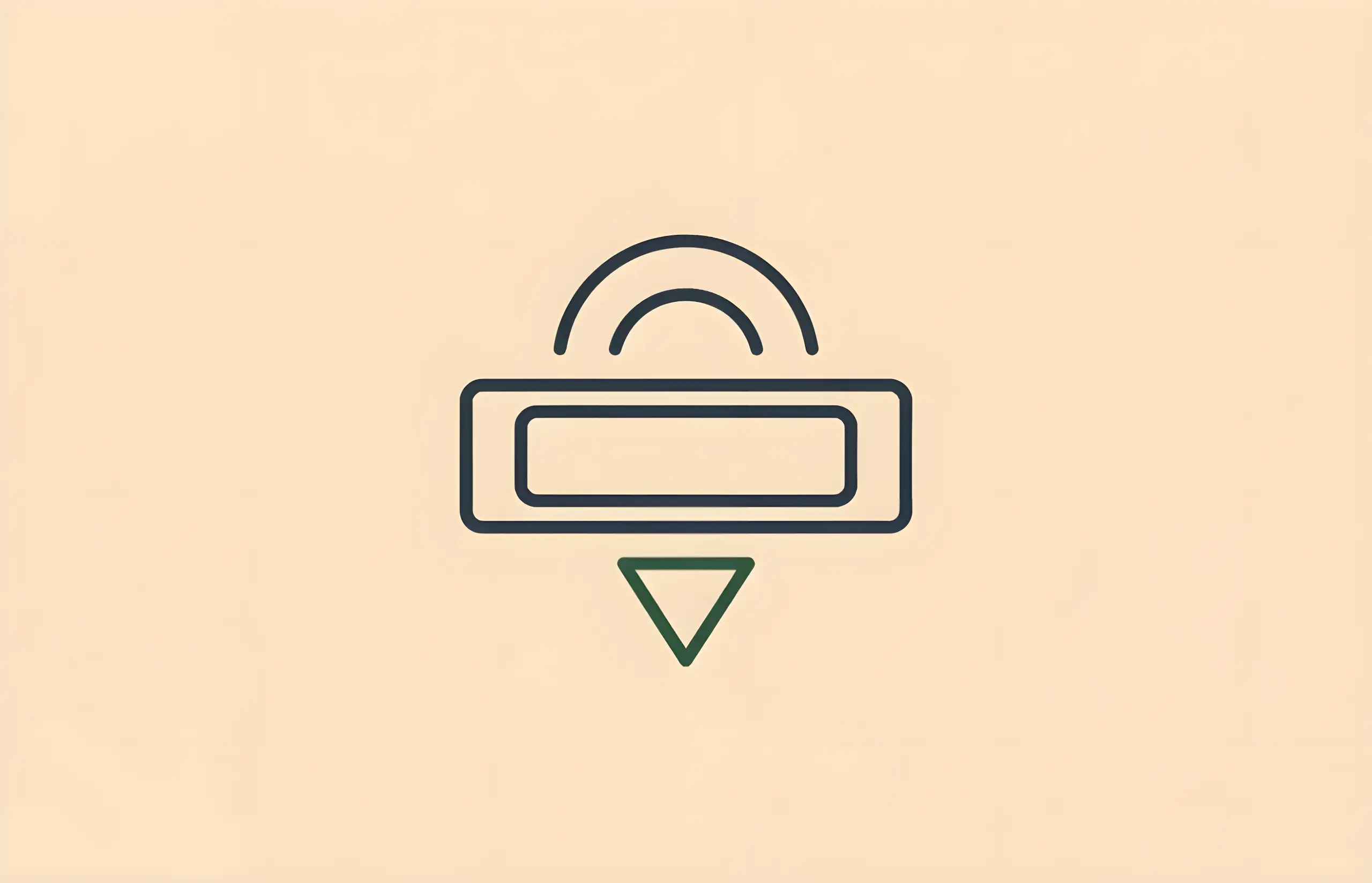
Do Whitening Strips Work?
Evidence-based guide to teeth whitening strips effectiveness including clinical trial results, comparison with professional treatments, safety profile, tooth sensitivity rates, and how to achieve optimal results
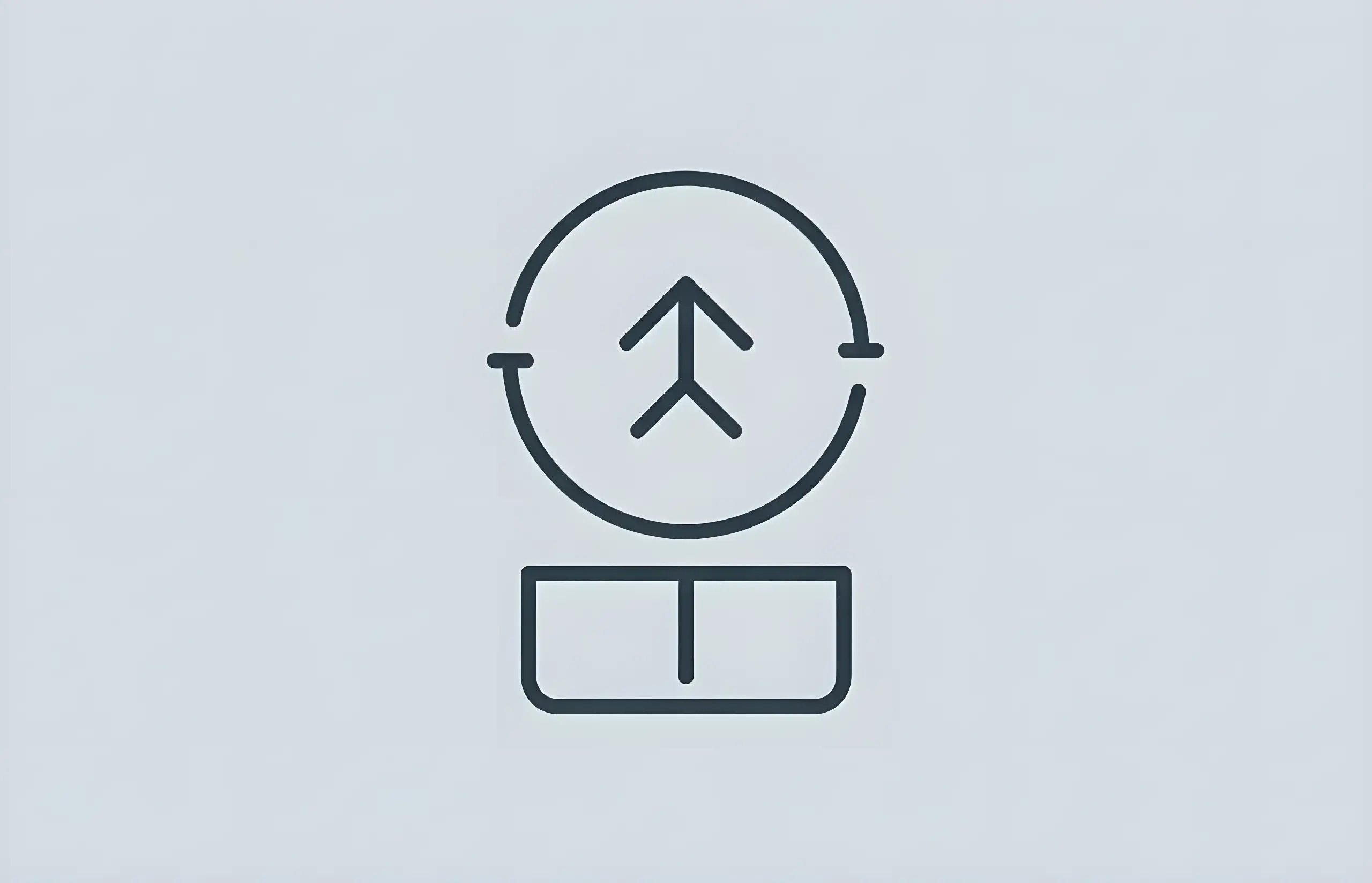
Does Teeth Whitening Work?
Comprehensive guide to teeth whitening effectiveness, clinical evidence comparing hydrogen peroxide vs carbamide peroxide, sensitivity rates (43-80%, 100% with 35% in-office), whitening methods (professional, at-home, strips, toothpaste achieving 1-2 shades), LED light efficacy, and safety outcomes
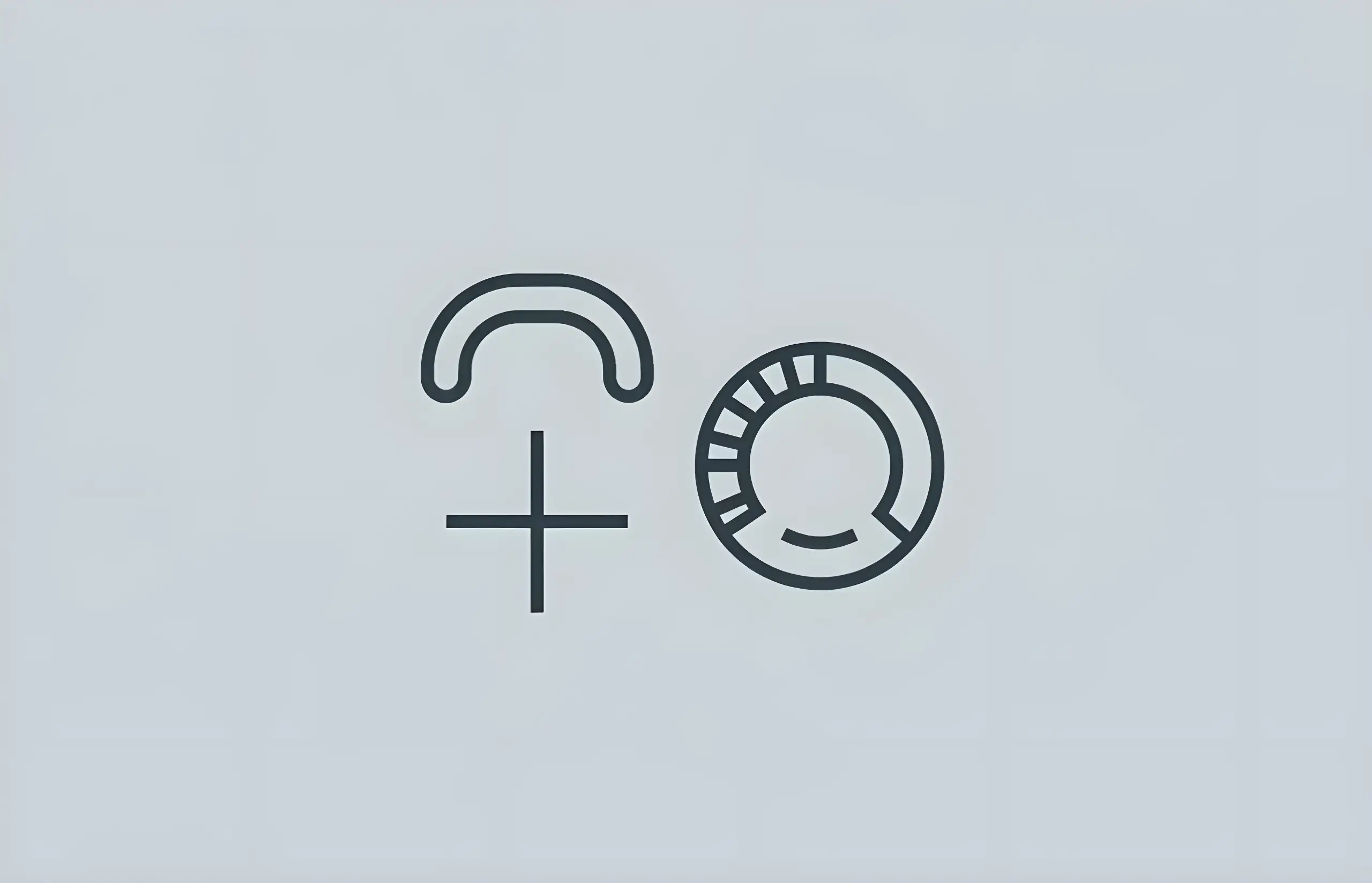
How Much Do False Teeth Cost?
Comprehensive Denture Cost Guide (NHS £269.30, Private £200-£8,000, 10.06 Years Average Longevity)
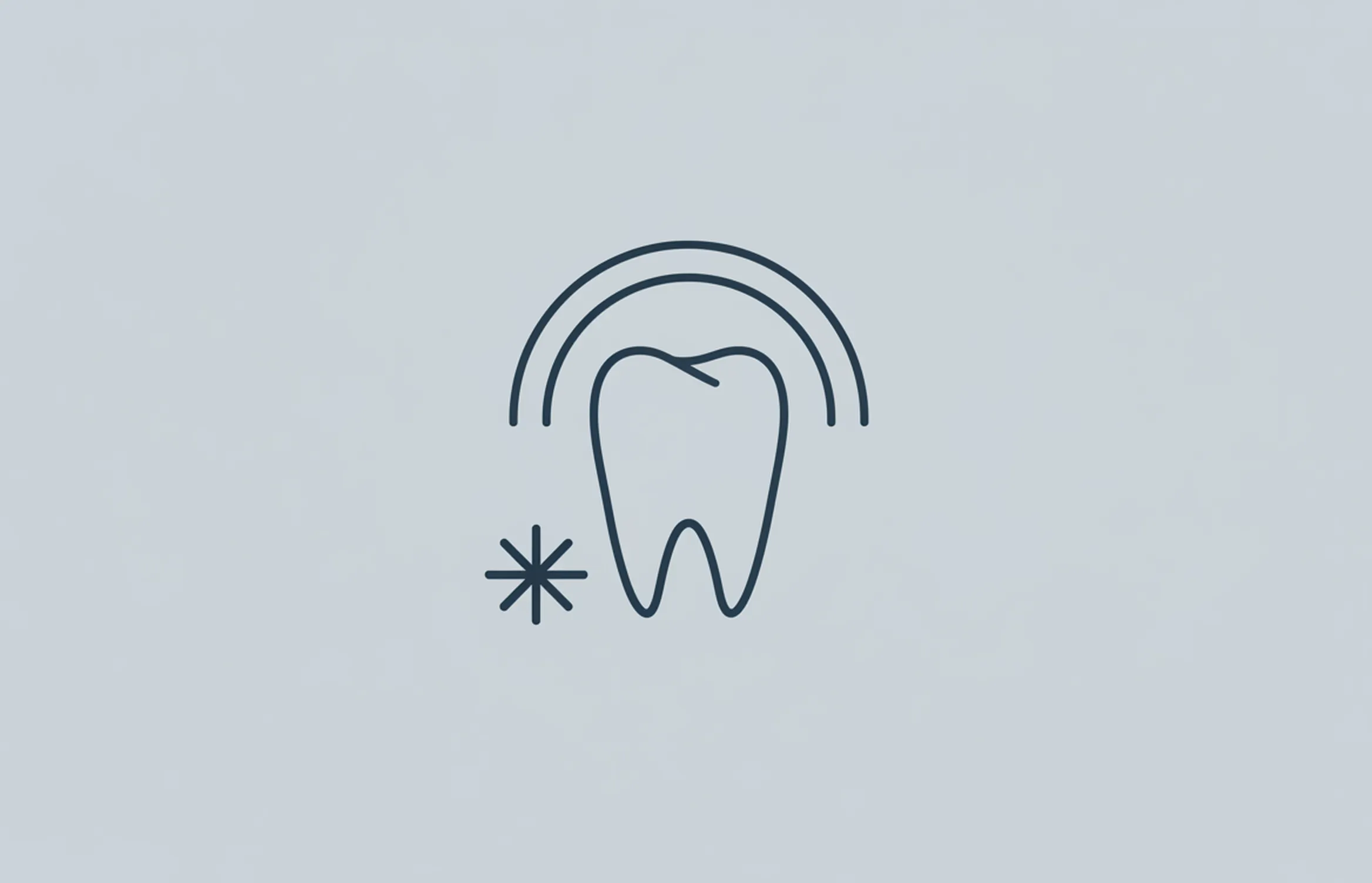
A Guide to Hydrogen Peroxide Teeth Whitening
Comprehensive information about using hydrogen peroxide for teeth whitening, including safety, effectiveness, proper usage methods, and professional vs. at-home treatments

Natural Ways to Whiten Your Teeth
Explore natural teeth whitening methods including brushing, coconut oil pulling, baking soda with peroxide, and their effectiveness based on scientific evidence
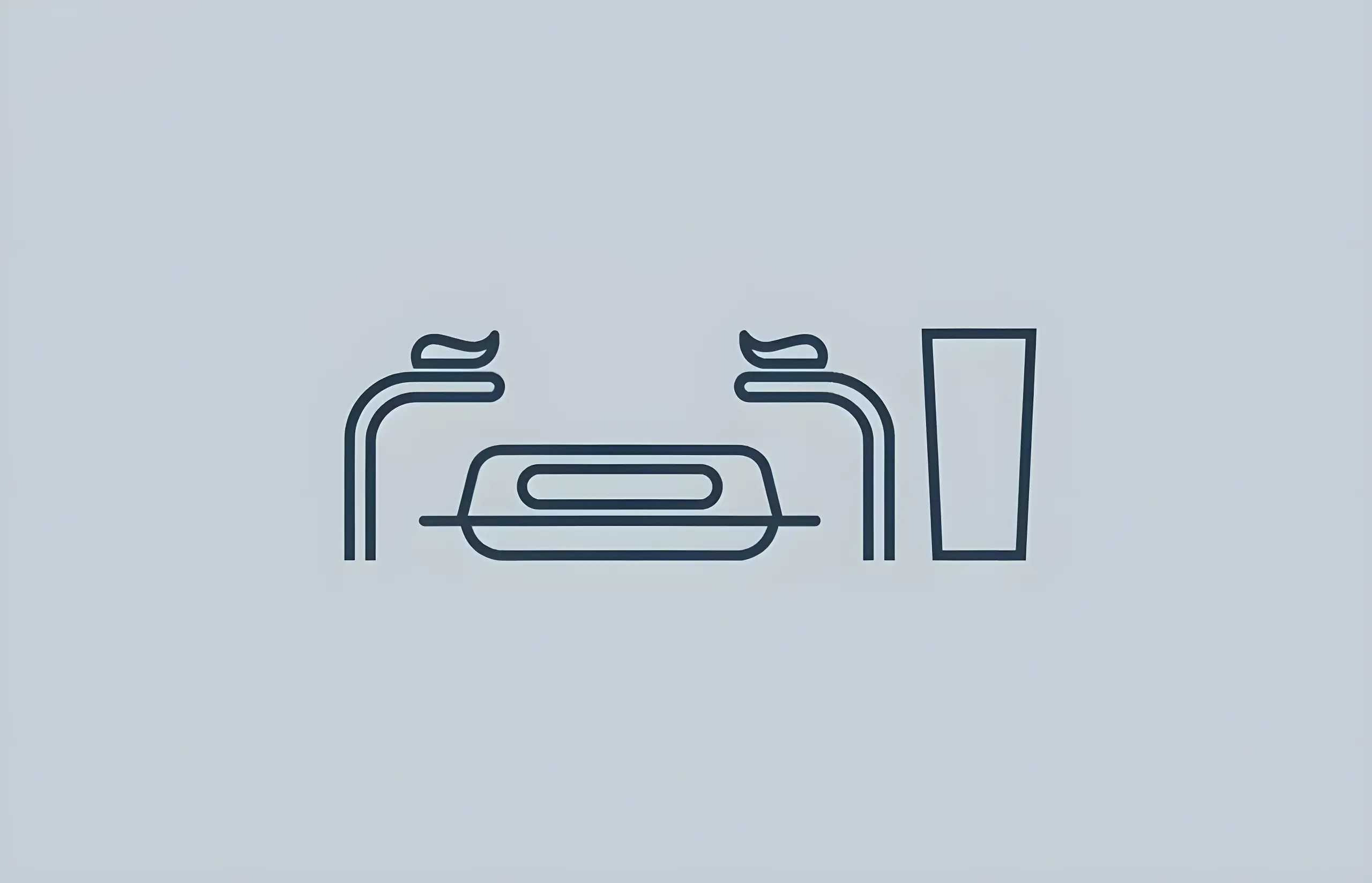
Should You Brush Your Teeth Before or After Breakfast?
Expert guidance on the optimal timing for morning tooth brushing to protect enamel and maintain oral health
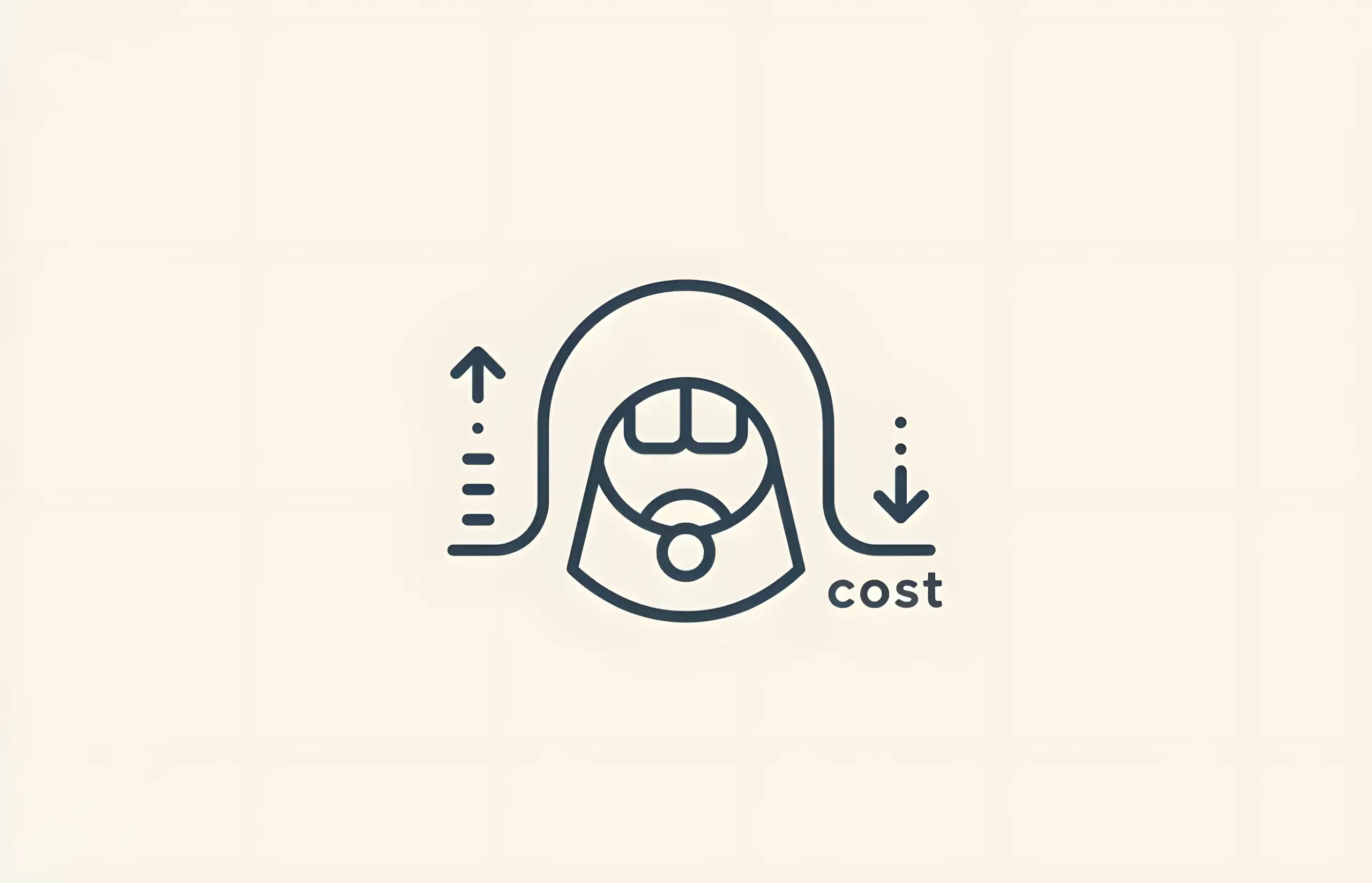
How Much Does Teeth Cleaning Cost?
Comprehensive guide to teeth cleaning costs in the UK, NHS pricing bands, scale and polish procedures, dental hygiene benefits, and professional teeth cleaning information
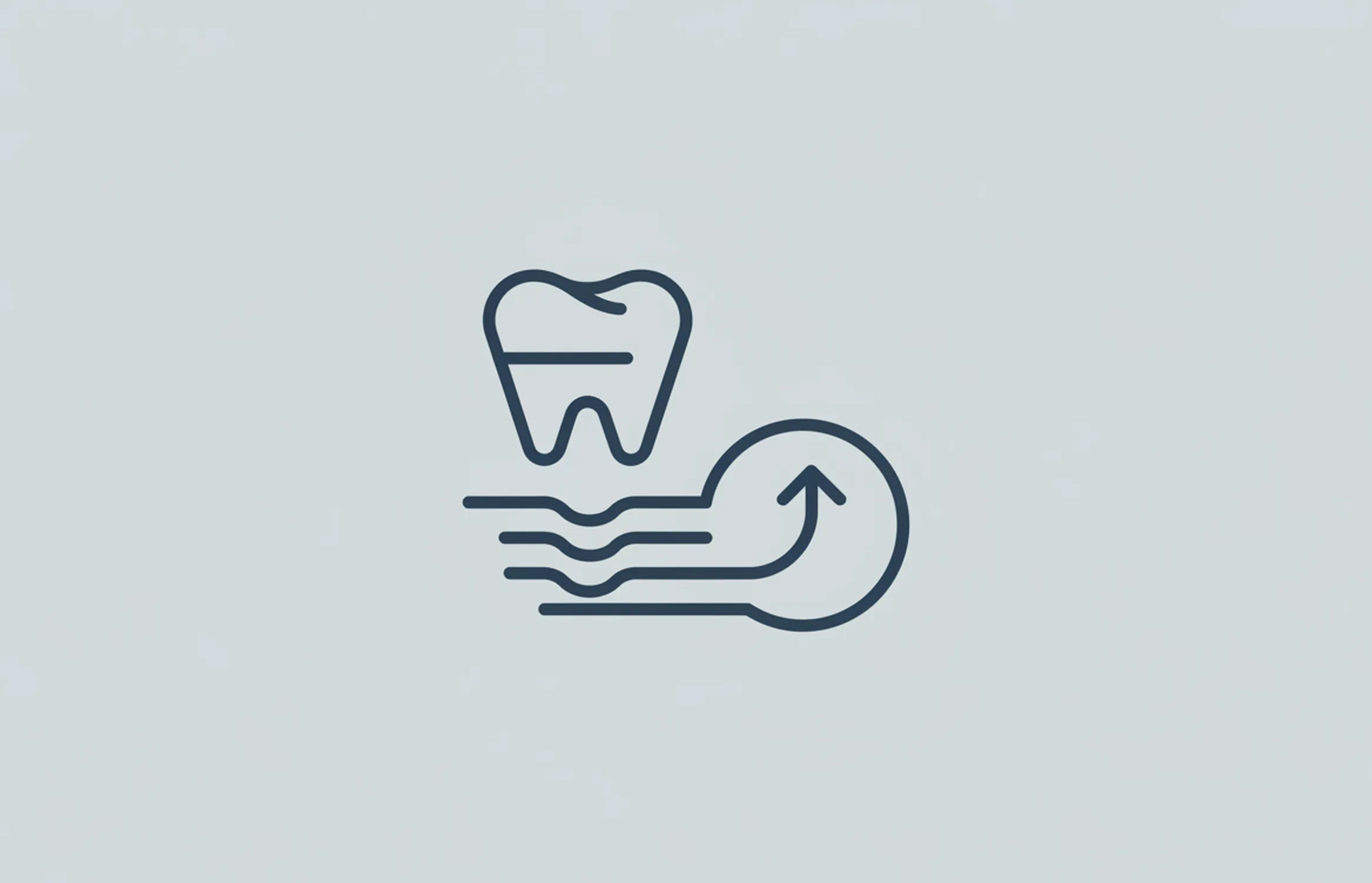
Teeth Whitening Cost and Information
Comprehensive guide to professional and at-home teeth whitening options, comparing costs (£10-£1500), effectiveness, safety, and treatment methods including laser whitening, bleaching gels, and whitening strips
About The Dental Guide
The Dental Guide is a trusted online resource providing evidence-based information about dental health, treatments, and procedures. Our content is created and reviewed by qualified dental professionals to help you make informed decisions about your oral health.
Our Mission
- Evidence-based dental information
- Expert-reviewed content
- Clear, accessible explanations
- Latest treatment options
- Patient-focused guidance
Editorial Standards
- GDC-registered dental professionals
- Peer-reviewed sources
- Regular content updates
- Medical accuracy verification
- Transparent authorship
Important Notice
The information on The Dental Guide is for educational purposes only and should not replace professional dental advice. Always consult with a qualified dentist for diagnosis and treatment recommendations tailored to your individual needs and circumstances.
Medically Reviewed
Reviewed by Dr. Nasim Mechoui , BDS (Bristol)
Share this article
Comments & Discussion
Have questions about dental implants? Share your thoughts or experiences.
